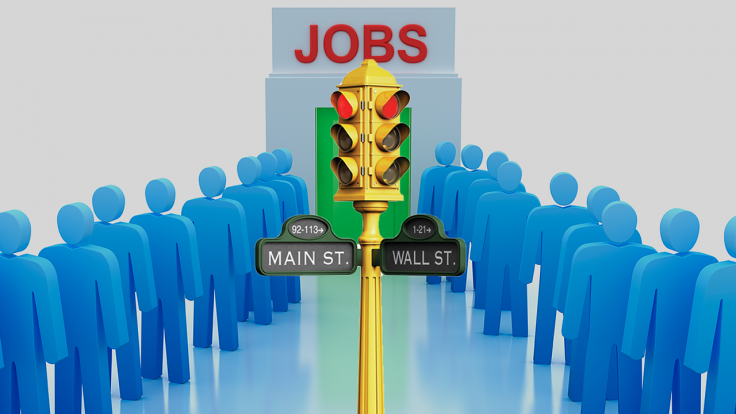The number of unemployed Australians actively looking for work has surpassed 1 million for the first time in the last 22 years, official data revealed on Thursday. According to the data released by the Australian Bureau of Statistics (ABS), the unemployment rate was 7.5 percent in July up from 7.4 percent in June, the highest level since November 1998, reports Xinhua news agency.
However, there were signs of Australia's economy beginning to recover from the coronavirus crisis. The number of people working increased by 114,700 from June and the number of hours worked increased by 1.3 percent. The increase in unemployment was driven by the number of people actively looking for work surpassing 1 million for the first time in recorded history.
Employment and Working Hours Remain Low
The ABS only considers a person unemployed if they are actively looking for work. The percentage of people employed in Australia rose to 59.8 percent compared to a low of 58.2 percent in May.

"The July figures indicate that employment had recovered by 343,000 people and hours worked had also recovered 5.5 percent since May," Bjorn Jarvis, the head of Labour Statistics at the ABS, said in a statement. "Employment remained over half a million people lower than seen in March, while hours worked remained 5.5 percent lower."
Economy Could Face Loss of Billions
The unemployment rate is expected to hit a peak of 10 percent as a result of strict lockdown measures reinstated to prevent the spread of COVID-19 in Victoria. Michaelia Cash, the minister for employment, said on Thursday that the Victoria state lockdown would cost the economy "billions and billions" of dollars.
"Every job loss as a result of COVID-19 is devastating, and that is why the Morrison government has put in place a suite of measures to help employers and employees to get through this crisis," she added.









